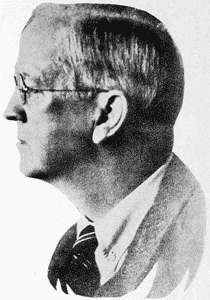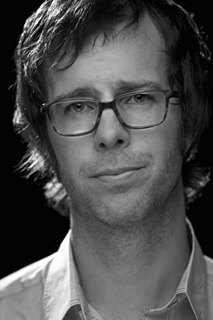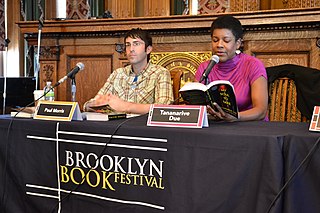A Quote by Arthur Brisbane
Writing good editorials is chiefly telling the people what they think, not what you think.
Related Quotes
I don't like anything unsigned in a newspaper that purports to be the opinion of some group if we don't know who the group is. It's laughable to say that The Miami Herald's editorials or any newspaper's editorials represent any views other than those of the people writing them, so why don't we tell everybody who they are?
I think that people have to have a story. When you tell a story, most people are not good storytellers because they think it's about them. You have to make your story, whatever story it is you're telling, their story. So you have to get good at telling a story so they can identify themselves in your story.
I don't think you could teach someone to be a genius, but you can certainly teach them to not make rookie mistakes and to look at writing the way a writer looks at writing, and not just the way a reader looks at writing. There are a lot of techniques and skills that can be taught that will be helpful to anybody, no matter how gifted they are, and I think writing programs can be very good for people.
You know what i can't understand? You have all these people telling you all the time how great you are, smart and funny and talented and all that, i mean endlessly, i've been telling you for years. So why don't you believe it? why do you think people say that stuff, Em? Do you think it's a conspiracy, people secretly ganging up to be nice about you?
In fiction the narrator is a performance of voice, and it can be any style of voice, but I'm interested in the ways that a voice that knows it's telling a story is actually telling a different story than it intends to. In the way that I can sit here and tell you what I had for breakfast, but I'm really telling you that I'm having an affair, something like that. And I don't think my writing is plain, but I think a lot of my characters are just talking. There is vulnerability there, in that we can start to see through them, we can start to see where they're deceiving themselves.
Personally I like the slow burn; I don't think there is anything wrong with it. When I think about the movies that were most effective on me as a viewer I think of the original Haunting and the Exorcist, Rosemary's Baby, the Sixth Sense, the Others. These movies are not over the top at all, they are movies that rely on good story telling, good acting, good premise, good exposition and I want to stay true to that in future projects.



































